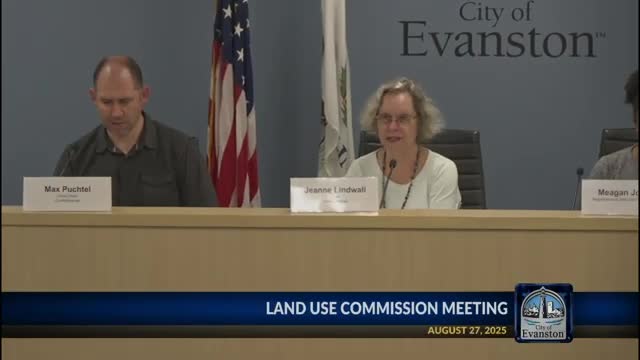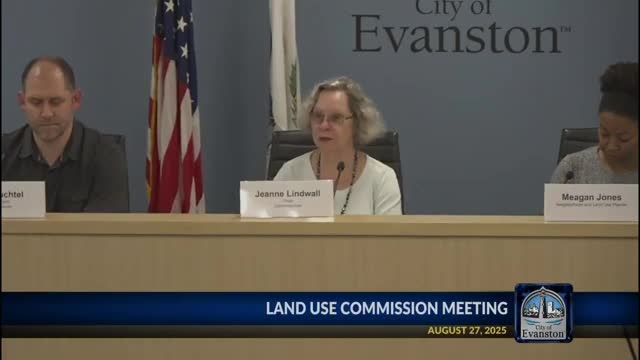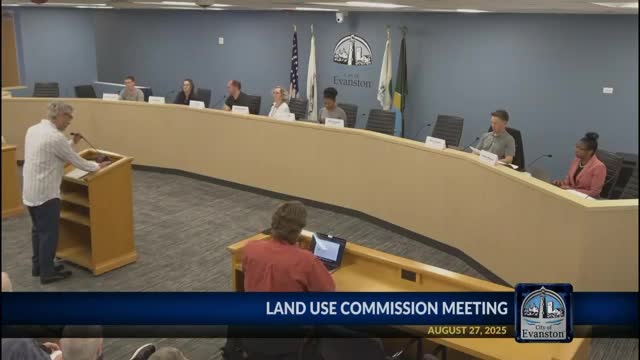Article not found
This article is no longer available. But don't worry—we've gathered other articles that discuss the same topic.

Land Use Commission withholds recommendation for 605 Davis Street tower after lengthy hearing on ownership, parking, wind and environmental impacts

Land Use Commission recommends special use for Royal Treatment Veterinary Center at 815 Howard Street

